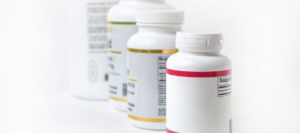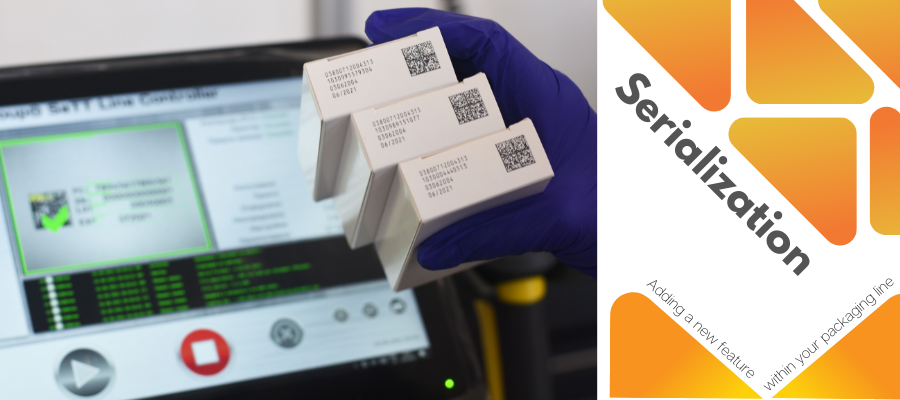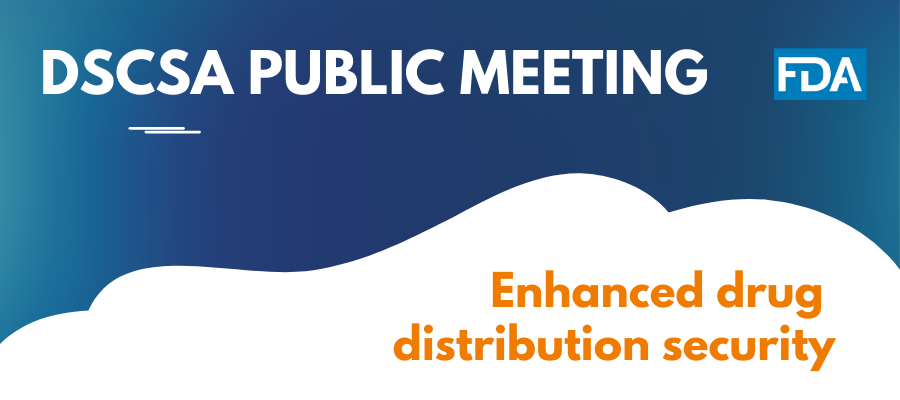
[Blog] The new chapter of traceability in the supply chain – food supplements on point
Track and trace among Food Supplements industry – the missing part in the fight against drug counterfeiting
The track and trace of food supplements is a polarizing topic among the supply chain participants. Many moving pieces are on the road toward reaching unanimity and developing an effective surveillance process. However, the market volume of dietary supplements marks significant growth. The global market is projected to reach $288.5 billion by 2030 from $123.1 billion in 2021, growing at a CAGR of 9.9% from 2021 to 2030. The variety of nutritional products is gaining consumer interest, especially with the pandemic of COVID-19. The drastically increased market volume of nutrition products is the rising demand for sports dietary supplements, the growing prevalence of chronic disorders, changes in customer preference, and growing awareness about health and fitness. Moreover, the domination of the food supplements industry is since the dietary products are in the group of non-prescribed medicines and access to them is much easier for the end customer. But precisely, this point raises a lot of concerns. Is there a need for regulation to enter into force and control this significantly growing niche in healthcare?
Regardless we are talking about “non-prescript medicines”, our experience shows that as more unruly and “free” the access to some drugs on the market, as more significant the chance of counterfeits, accidents and malpractices. However, there are a lot of red flags that indicate the need for traceability implementation and unified standards. As with each medicinal product, it is essential to know its ingredients’ origin and the result of interaction between the different types. Furthermore, the lack of coordination between the multiple supply chain participants is another reason that must be considered. With a few exceptions, notably where traditional forms of health and healing exist, most countries do not regulate dietary supplements as a stand-alone category. Without transparent communication and precise requirements, the prevalence of mislabeling is growing. It leads to the utterly impossible establishment of an effective track & trace process of the source of ingredients, production, manufacturing, distribution and retail. In turn, this creates many opportunities for stimulation of drugs black market.
Having this in mind, it is evident that there is a strong need for traceability to regulate and control the distribution. Here come the challenges. The first stumbling block is that no official definition for globally good food supplements exists. In different countries/ regions, you could come across dietary supplements, natural health products (NHPs), complementary medicines or food supplements. In two countries, the exact product could be treated differently – in the first place as a food supplement, in the second as a therapeutic good, or even as a controlled substance. To make it even more complicated, the existing regulatory frameworks could vary from country to country, even in countries with similar legal systems. The third challenge is obvious – thanks to the innovation in the dietary supplement sector, the market is overloaded with conventional and “state-of-art” supplements. This complicates the tracking of all products to some extent.
With that said, the need for traceability in the food supplement supply chain is of great importance. FDA is one of the most proactive regulatory bodies for enhancing dietary supplement control. The FDA regulates finished nutritional supplement products and ingredients under different regulations, covering “conventional” foods and drug products. Nonetheless, the solution could be found in the face of serialization. The use and benefits of unified standards and serializing products are well-known for pharmaceuticals. It always looks complex in the beginning, but the traceability of dietary supplements could have a significant social and economic impact.
Sources:
https://www.ncbi.nlm.nih.gov/pmc/articles/PMC5793269/
https://www.fda.gov/food/dietary-supplements







